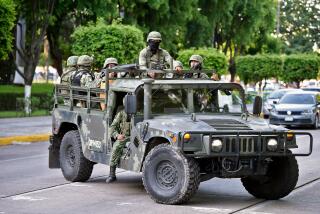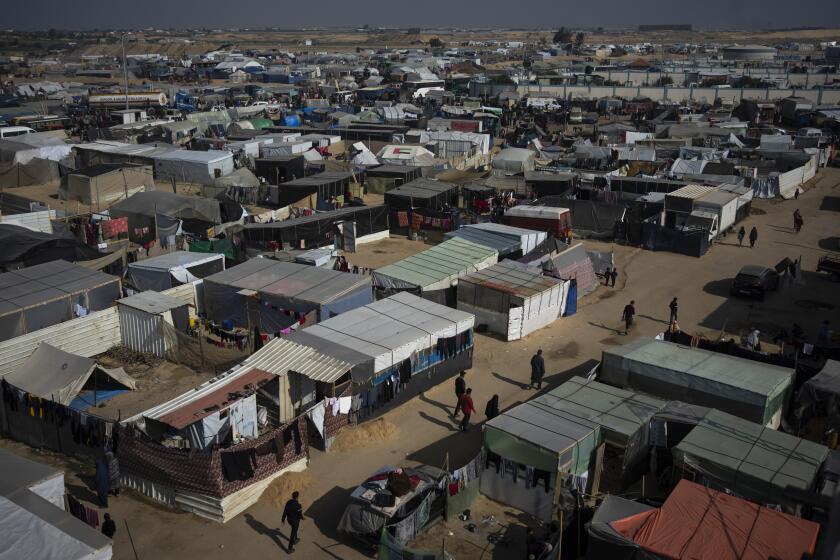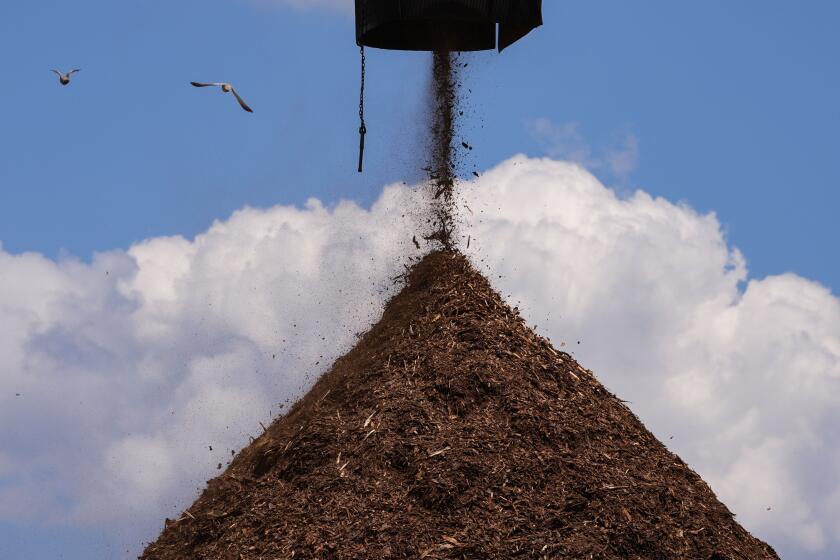Turkish strike toll disputed
As Turkey’s military on Saturday claimed it had killed 150 Kurdish separatists in airstrikes in northern Iraq and a rebel spokesman disputed the account, those caught in the crossfire were struggling to survive in tent cities and even caves.
Turkey’s military said a series of airstrikes ending Friday had hit 43 targets and killed at least 150 “terrorists” in its most aggressive offensive since its ground incursion in February.
A spokesman for the separatists, who operate from mountain bases along the Turkish and Iranian borders, scoffed at the claim.
“I affirm that their airplanes have bombed some of our sites in the mountains in the last days, but they were empty ones as our fighters are moving continuously in the mountains from one place to another,” Zagros Bokani said.
He said six rebels died in the latest attacks.
Bokani represents an Iranian Kurdish rebel group, the Party for Free Life in Kurdistan, which is allied with the Kurdistan Workers Party, or PKK. Both groups are fighting for an autonomous Kurdish state.
Since fall, Turkey has staged occasional incursions into the Qandil mountains. Rarely is it possible to confirm either side’s accounts of the fighting because of the remoteness of the region, but civilians living in the rugged mountains have been displaced.
The United States considers the PKK a terrorist organization but says it has urged Turkey to avoid hitting civilian areas in its bombardments. But the people living in an encampment in the Shirwe Hasso region said they were caught in the middle.
On Friday, Owaz Jamal was singing in a low voice while sewing a dress for her 6-year-old daughter in her neatly kept tent. She said they had fled the border village of Rezga, about 35 miles away, because of the cross-border airstrikes and artillery.
Jamal and others living in this cluster of 200 tents said Iran as well as Turkey had been bombarding the region. Both countries have Kurdish populations agitating for autonomy.
“We’re staying close to our old village and the mountains so we can keep an eye on them, and keep up hopes of returning to them,” said Jamal, who cares for two daughters and a son.
She recalled life in Rezga as simple and carefree. Summers were spent in the mountains tending to their sheep. Winters were spent mostly inside, staying warm.
That has changed, she said.
“Having our homes destroyed, and being on the run, has become part of our lives,” Jamal said.
Khaja Rasoul was carrying firewood to prepare food for her family of nine.
“We are tired of living like this,” she said. “Each time we build something or gather some money, it is incinerated by fire from bombs, and we go back to square one.”
As she spoke, columns of smoke could be seen rising from what villagers said were the remains of a Party for Free Life building, which they said had been bombed.
--
-
Special correspondent Ahmed reported from Shirwe Hasso and Times staff writer Susman from Baghdad.
More to Read
Sign up for Essential California
The most important California stories and recommendations in your inbox every morning.
You may occasionally receive promotional content from the Los Angeles Times.







